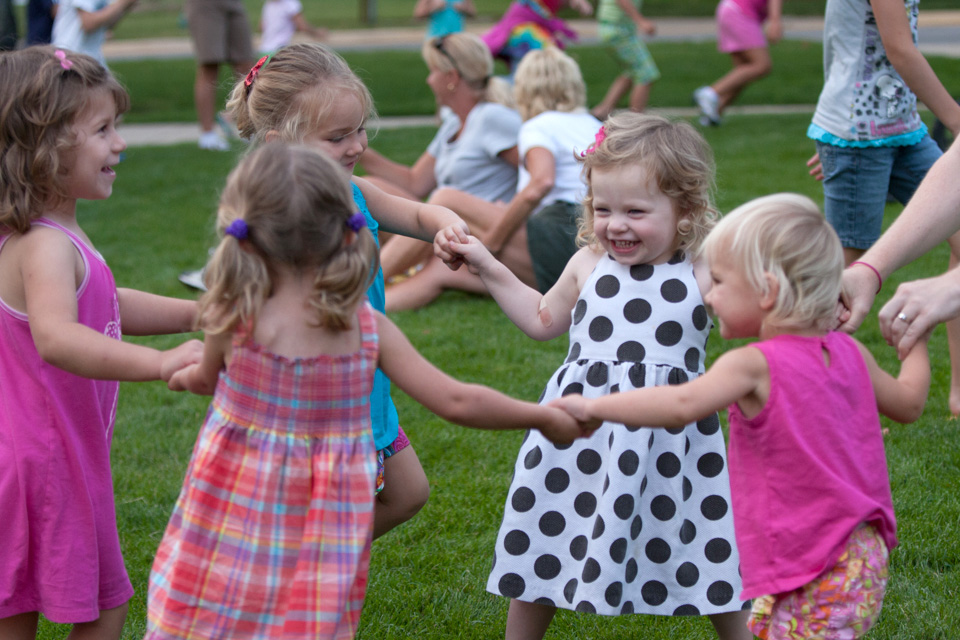
There is no legal or moral obligation to be a child-centered society. Most of U.S. history largely ignores children because, well, they don’t make much history until they become adults. Up until the middle of the last century children were expected to be “seen and not heard.” They went to school and then took jobs, the key to transitioning into adulthood at the time. Children who lost their parents or whose parents could not rear them were often put on trains and taken westward to be handed off to those who would take them and put them to work. It was up to the child himself or herself to find ways to fit in to their family group and community.
Once the U.S. got its most widespread and aggressive economic footing after WWII, an event that focused our attention on the value and fleeting quality of life itself, our regard for our children changed. GIs who’d fought overseas came back with haunting memories of all of the innocents caught up in the ravenous maw of war. The women of the nation who had staffed the factories for the war effort confronted the dual obligations of work for the defense of the country and for maintaining a family life.
Life itself seemed to become more purposeful and there was a new focus on children. Childhood was extended to include the newer phenomenon, the teenager. Our growing prosperity and consumerism focused a great deal on our kids, giving rise to all kinds of new businesses related to children: toys, especially “educational” toys, clothing, music, dance and art lessons, and organized sports for kids. The new awareness of children, guided by Dr. Spock and others who studied human behavior and development, drove home Wordsworth’s poetic point that “the child is the father of the man.” We became that country that was building sprawling schools, colleges, recreation centers, parks, day care centers, and radio and early television programming for our kids. The local industries paid taxes that helped provide these amenities in addition to providing decent paying jobs for the parents. Businesses were part of the community and not at odds with it.
Globalization has lifted millions out of poverty, but now comes the shameful state we Americans find ourselves in today, a nation that has allowed a quarter of its own children to languish away in poverty. Good-paying jobs have gone overseas, investment has gone global, wealth has been sucked up by the already wealthy, and even our military spending is going outside our border.
Today our once-shining community facilities have fallen into disrepair, especially in our inner cities, because our tax bases can no longer afford their upkeep. Cherished public lands and shared facilities are being sold off to the private sector. Too many parents have to cobble together several part-time jobs to make ends meet, further destabilizing family life and in some cases nearly eliminating it altogether. Their children are being reared by a series of non-related others, including their peers, and by their own diversions, their video games, social media, and the randomness and lack of direction that come with them. The daily stress experienced by these children is damaging in both subtle and dramatic ways.
What does this mean for these children’s futures? What does this level of deprivation mean for the nation’s future? Think about this. How can the finer values and virtues we strive for survive among a population whose daily focus must necessarily be on meeting basic needs? And what happens when these affected children realize that the socio-economic playing field is so tilted that they are likely to remain scrambling and tumbling amongst themselves at the very bottom of that sharp incline and that their chances of moving upward are probably slim to non-existent? Will we be surprised when they are increasingly drawn to gangs, cults, radical ideologies, and crime as their paths forward? It has been happening to the underclass for decades, but the last few years have seen the numbers of those in poverty are expanding exponentially, with more to come as industries die out or continue to move offshore. Our collective wide-eyed shock is not an acceptable response.
Take a hard look at our leaders and lawmakers and their records related to helping American families. Which candidates are addressing the needs of children? Are legislatures thinking in the simplistic and solipsistic way that categorizes people as either makers or takers, or are they seeing people, especially our children, as the critical parts of the current and future human landscape upon which we live out our brief lives? Child poverty is the crackling patina on a nation that does not yet recognize its own aging and souring, characteristics that cannot be countered with unrestrained competition and military might.
Finally, if you are one to play those shot-drinking games, during upcoming GOP debates like the one we saw last week, have a drink each time you hear the term “children” or “poverty.” It should be a sobering experience.
[Photo by Anne C. Savage, special to Eclectablog]



